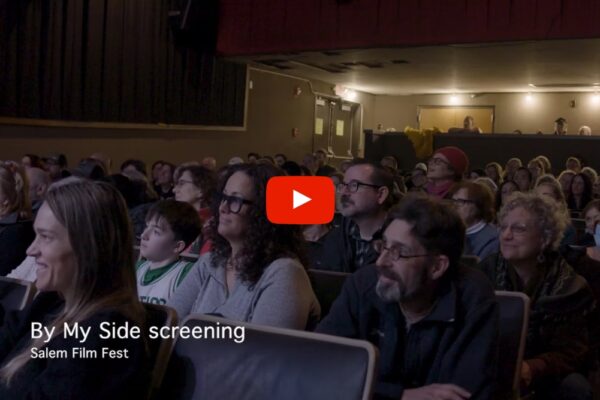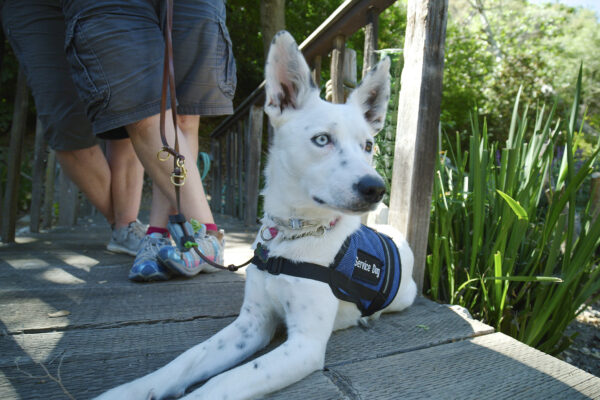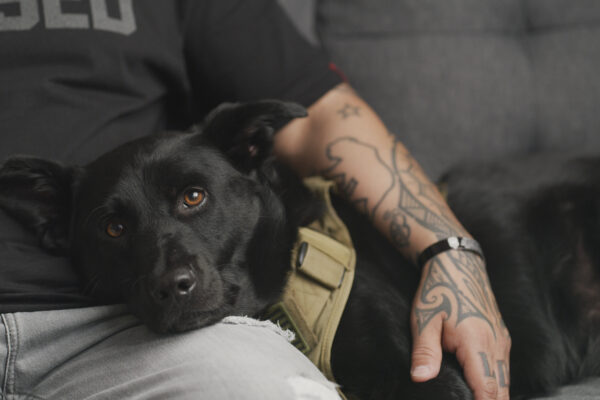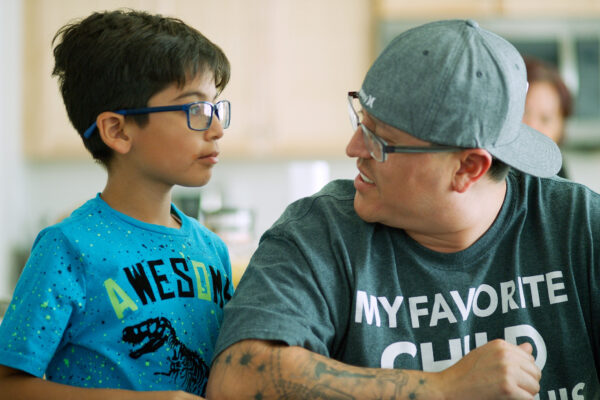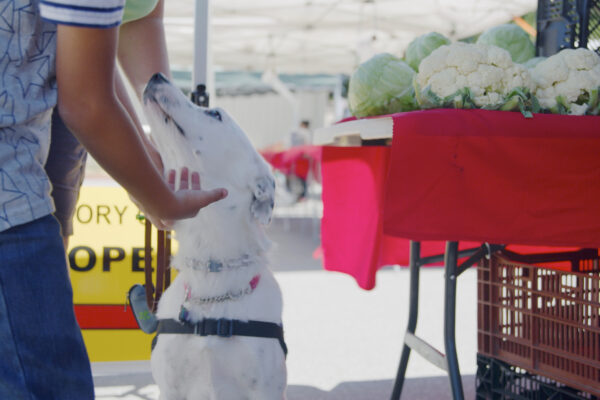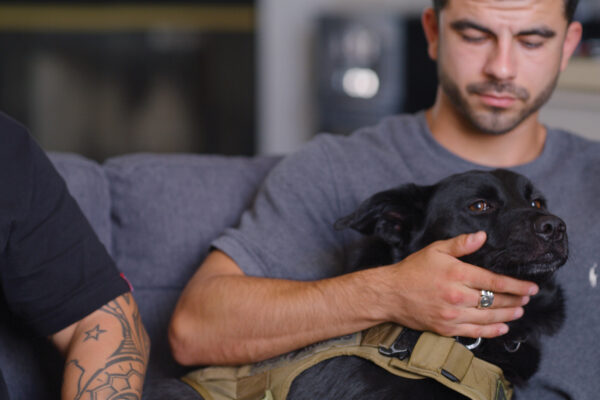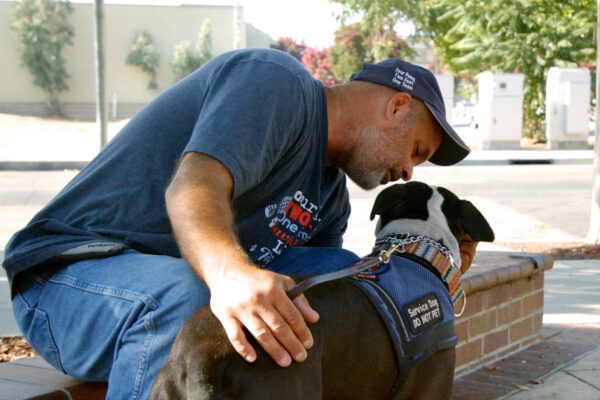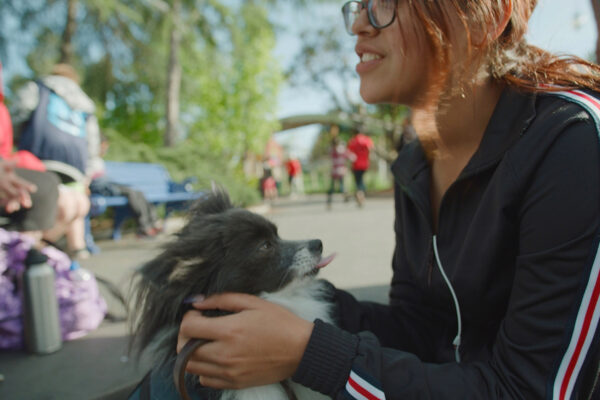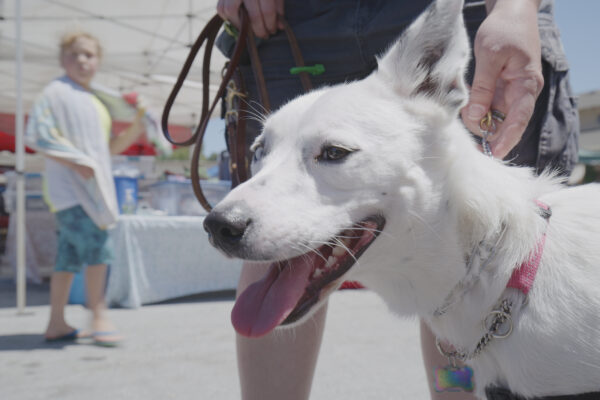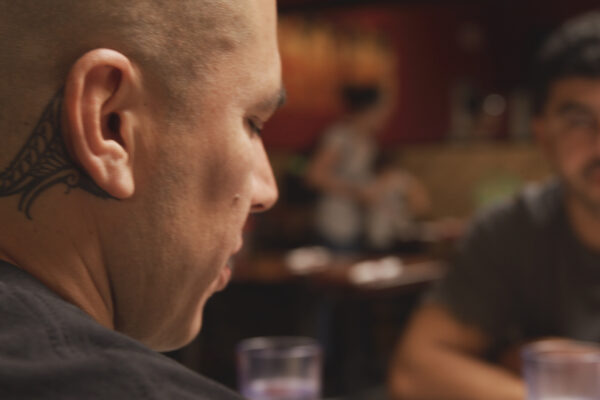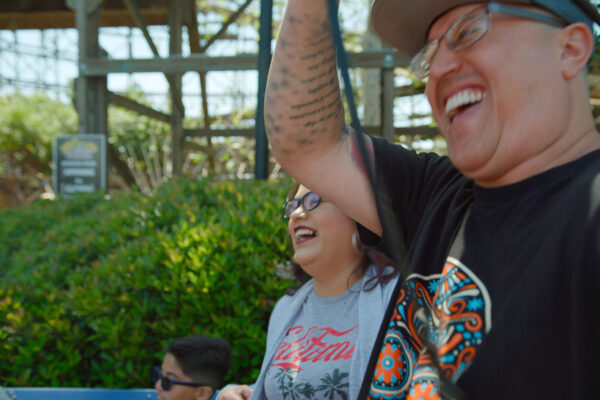The mission of our Service Dog Awareness Campaign is to empower veterans to learn more about and seek out service dogs, an evidence-based therapeutic option for PTSD helping them to live fuller lives, revitalize family relationships and restore their independence.
Impact Campaign
Take Action
HOST A SCREENING
Host a screening of BY MY SIDE and inspire the people in your community!
BECOME A PARTNER
Collaborate with us in expanding impact and programs to more communities.
SUPPORT OUR CAMPAIGN
Make a tax-deductible donation to help fund our campaign goals outlined above.
”PTSD is not a mental disorder, it’s a physical injury to the brain!
Take Action
HOST A SCREENING
Host a screening of BY MY SIDE and inspire the people in your community!
BECOME A PARTNER
Collaborate with us in expanding impact and programs to more communities.
SUPPORT OUR CAMPAIGN
Make a tax-deductible donation to help fund our campaign goals outlined above.
”PTSD is not a mental disorder, it’s a physical injury to the brain!
One essential aspect for a successful campaign will rely on Publicity | Social Media | Website: update current website, produce short video content, and create a targeted, goal-oriented social media strategy.
Our online presence and ability to promote and deliver content through the web, such as downloadable educational materials will greatly expand the reach to educate.
Campaign Goals
EDUCATE | EMPOWER
Increase access to information about service dogs for veterans and their families and the capacity to connect with their communities by making the film available far and wide.
Task: Identify and engage groups within veteran organizations and mental health professionals to provide the film at a low cost or no cost.
Follow up with surveys, where appropriate, to understand the impact of the film and short audio or video interviews with viewers. Increase service dog awareness through TV news, publications and conferences.
COMMUNITY SCREENING TOUR
Build active community support for veteran reintegration to start dialogues between military families and civilians to help close the divide, and break stigmas associated with PTSD.
Task: Target and engage with 10 organizations whose mission is to help veterans and their families thrive. Develop professionally-made discussion guides, booklets, and access to online modular video content to be included as part of a screening package.
SPARK CHANGE
Appeal to the VA to prescribe and cover the cost of psychiatric service dogs for veterans with “invisible injuries” such as PTSD; and, advocate for the success of any legislation in support of psychiatric service animals.
This action would benefit thousands of more veterans to have an alternative option for reducing the pitfalls of PTSD that could not be attained by other modalities, and would help prevent veteran suicide.
Task: Establish contacts within the VA at both the highest levels and within the ranks for the film to be screened, including at the Hill. Meet with members of Congress and local Senators and Representatives to advance the cause.
Campaign Goals
Increase access to information about service dogs for veterans and their families and the capacity to connect with their communities by making the film available far and wide. Task: Identify and engage groups within veteran organizations and mental health professionals to provide the film at a low cost or no cost. Follow up with surveys, where appropriate, to understand the impact of the film and short audio or video interviews with viewers. Increase service dog awareness through TV news, publications and conferences.
Media
Community Guide
We are pleased to provide our downloadable, 24-page Community Guide for screenings with veterans, social workers, veteran support organizations, educators, service dog providers, faith-based organizations, and other connected community groups.

Electronic Press Kit
We are pleased to provide our downloadable Electronic Press Kit (EPK).
Impact Campaign
We are pleased to provide our downloadable Impact Campaign (IC).
Community Guide
We are pleased to provide our downloadable, 24-page Community Guide for screenings with veterans, social workers, veteran support organizations, educators, service dog providers, faith-based organizations, and other connected community groups.
Electronic Press Kit
We are pleased to provide our downloadable Electronic Press Kit (EPK).
Impact Campaign
We are pleased to provide our downloadable Impact Campaign (IC).

This project was made possible with support from California Humanities, a non-profit partner of the NEH.
